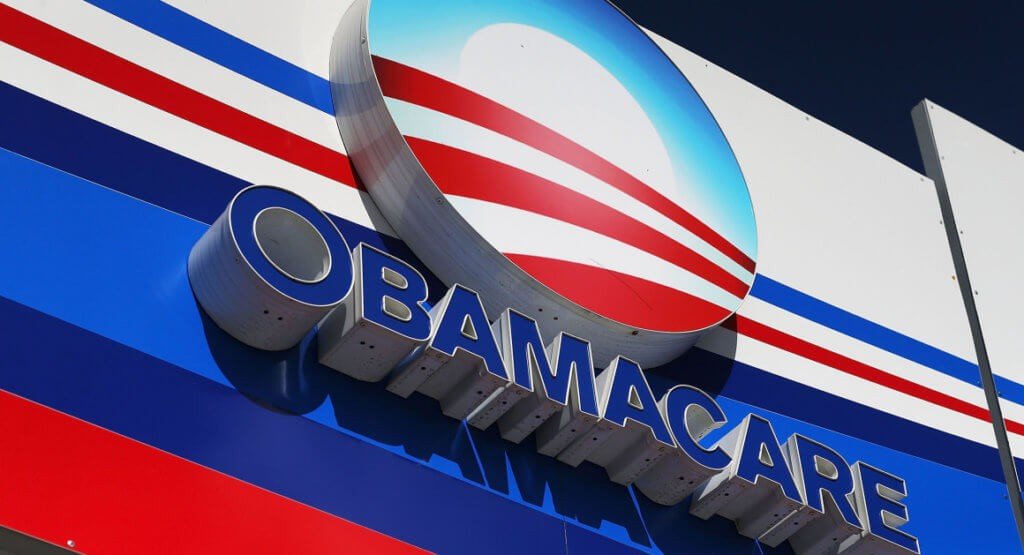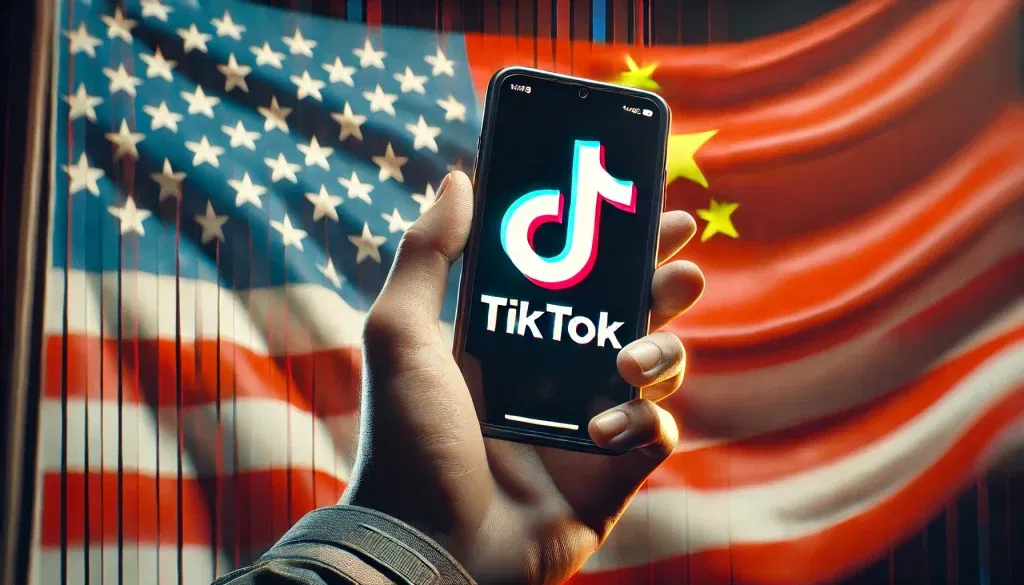If the US government doesn’t act quickly, Americans may be stuck with years more of deteriorating healthcare and skyrocketing medical bills.
Back in 2010, Congress and President Obama completely overhauled the US healthcare system with the “Affordable” Care Act (aka Obamacare). Their intention was to provide all US citizens with access to healthcare.
But, the result of government interference in markets was – surprise – rising costs and lower quality service.
Over the past several years, politicians have paid lip service to abolishing Obamacare. Even with a Republican-controlled House and Senate in 2017 and 2018, Congress couldn’t issue a repeal.
And now, US midterms elections are looming.
Obamacare stands no chance of repeal by a potentially divided Congress starting in 2019.
Fortunately for you, when it comes to healthcare policies, it doesn’t matter who takes control of Congress…
Because you can still find fantastic and affordable healthcare, even without a corporate-sponsored insurance plan. You just have to look outside the US.
As countries like the US, Canada and the UK suffer under bloated healthcare bureaucracies, more of their citizens are venturing beyond their countries’ borders for medical treatment at a fraction of the costs – so-called medical tourism.
Still, patients receive safe and first-class care from English-speaking doctors, many trained at top medical schools around the world.
For example, heart bypass surgery in the US costs well over $100,000. If you have great insurance, you’ll be fine to remain in the US. (The US healthcare system is great for wealthy patients with low deductible, comprehensive health insurance plans.)
But if you’re self-employed and without access to a large employer’s group plan, your out-of-pocket costs for this surgery may be unaffordable.
Or, you can travel to Thailand, save a fortune and recuperate in a first-class facility.
Bumrungrad International Hospital in Bangkok was the first Asian hospital to receive Joint Commission International (JCI) accreditation. JCI is the gold standard to certify hospitals and clinics worldwide.
At Bumrungrad, they offer a package deal for heart bypass surgery. The package includes the surgeon and anesthesiologist’s fees, operating room charges, routine lab tests, X-rays (if required), medications, medical supplies, pacemaker (if required) and seven nights’ accommodation, including two in the post-surgical Coronary Care Unit.
And your grand total? 690,000 baht (about $21,000 USD).
Medical tourism is not just for major surgeries.
You can also benefit from venturing abroad for preventative health or routine procedures like executive health screenings – a comprehensive physical exam with labs, electrocardiogram, stress tests, consultations with multiple specialists, etc.
Places like the Cleveland or Mayo Clinics will administer an executive exam… but, depending on your insurance, it may not cover these types of physicals.
So, you may pay $5,000 or more out-of-pocket, plus food, lodging and airfare. And you may wait in line for months, as more US patients want this service.
But, back in Thailand there’s no months-long wait and no multi-thousand-dollar price tag for an executive exam.
A screening for a 30 to 40-year-old man or woman includes: Renal function, three liver function tests, a urine test, lung and heart X-rays, an ultrasound of abdominal organs, an electrocardiogram and a few other services. Doctors, nurses and technicians will spend 3-4 hours with you.
And for this thorough exam, you’ll pay… 9,500 Thai baht or about $292 at the current exchange rate.
Even their highest-priced executive exam for women over 50 is 25,600 baht, which is $786. And this package includes all the labs and screenings as above, plus an ophthalmology exam, hearing screening, brain blood vessel check and checks for colon, liver and cervical cancers. Patients spend 5-6 hours with the medical staff.
In the US, you’re lucky to spend 15 minutes with a doctor. And as healthcare deteriorates, US wait times may rival Canada’s and the UK’s – where thousands of patients wait for months to see a specialist.
Then there’s the regulatory hurdle, which prompts individuals to seek care elsewhere. The Food and Drug Administration (FDA) erect barriers that prevent experimental (and often effective) procedures and medicines.
So, medical tourism offers you the chance to skip long medical lines, receive top care that may be unavailable in your home country and potentially save thousands of dollars.
I view medical tourism as another international arbitrage opportunity.
For medical tourism, your arbitrage opportunity takes advantage not only of the price difference, but also of the quality of care you’d receive.
If you’re from a nation suffering under a healthcare system that doesn’t meet your needs and expectations, why wouldn’t you explore other options around the world?
With a little planning and action, you can take charge of your health.








